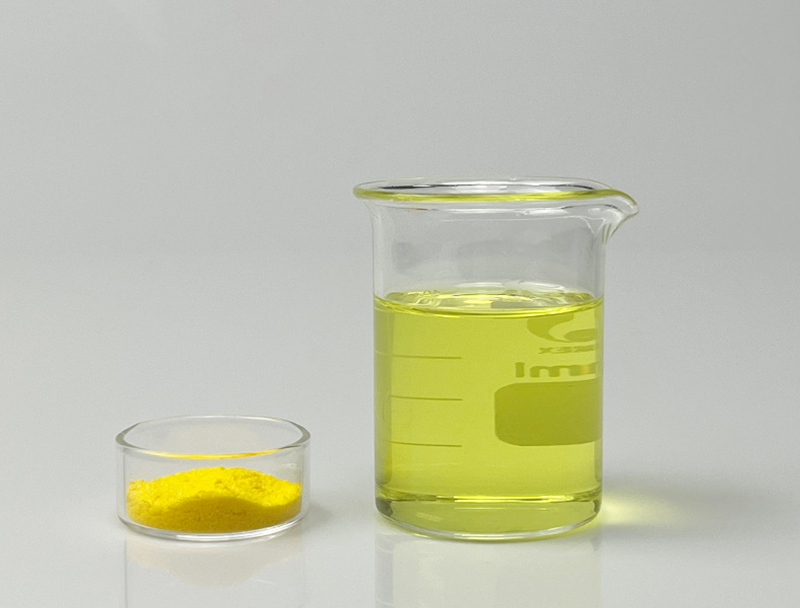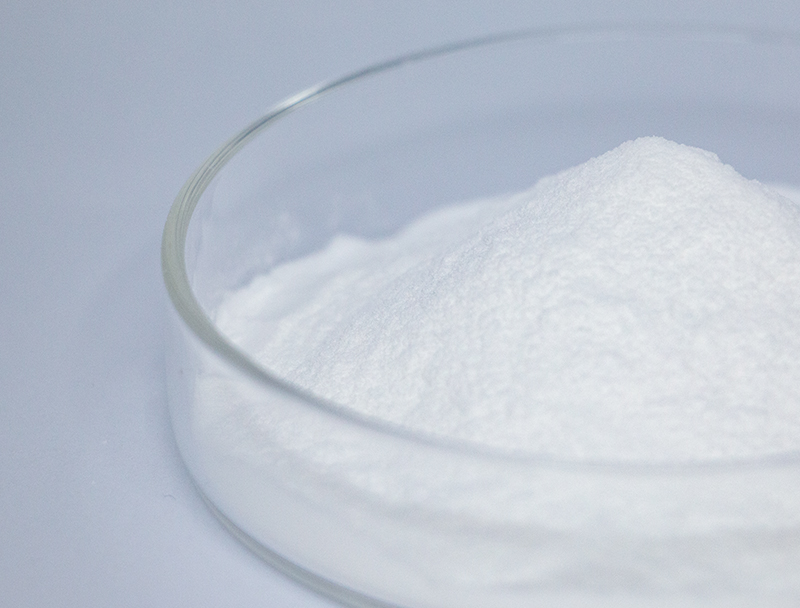
Bioprocessing depends strongly on a broad palette of biomass sources for fabricating next-generation bio-products.
Ensuring the sustainable sourcing of these resources underpins enduring viability and ethical market growth.
several issues arising from typical material sourcing for instance pollution and systematic depletion of reserves. Accordingly, manufacturers should embrace green sourcing tactics to shrink their ecological impacts.
- Models of sustainable material sourcing include:
- Integrating compostable agricultural waste into supply chains
- Installing reclamation workflows to diminish waste and heighten recovery
- Partnering with local suppliers committed to ethical sourcing practices
This shift towards sustainable raw material sourcing is not only environmentally beneficial but also economically viable in the long run.
Upgrading Feedstock Traits for Better Biofuel Performance
Boosting conversion rates requires high-quality and well-characterized biomass. Analysts tirelessly probe advances to elevate feedstock conversion, facilitating elevated yields and a renewable energy transition. Efforts pair genetic enhancement for feedstock abundance with advanced pretreatment to produce usable sugars.
- Additionally, researchers are focusing on identifying new sources of biomass, such as algae, waste products, agricultural residues, to expand the range of sustainable feedstocks available for biofuel production.
- Thanks to continuous exploration the sector is prepared to realize considerable strides toward an eco-friendlier energy mix.
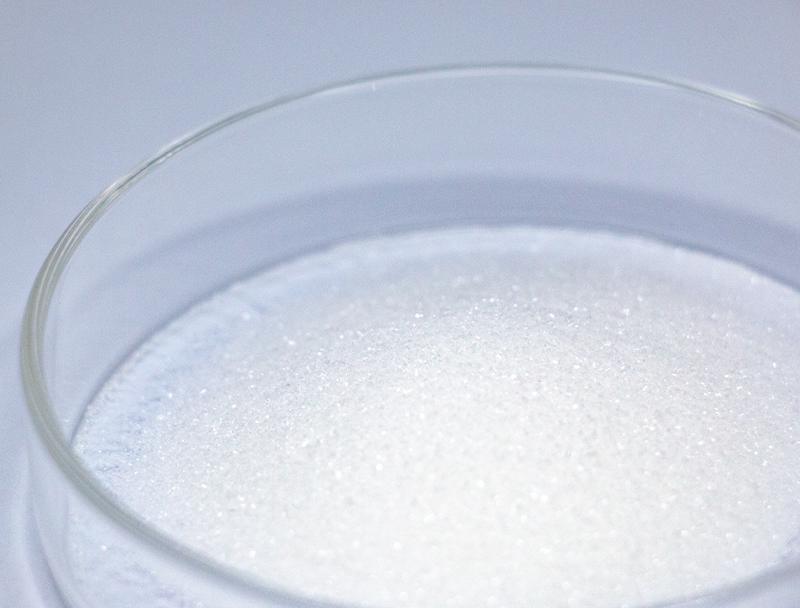
Transformations in Upstream Biopharma Workflow Design
embraces initial workflow stages from growth to harvesting Ongoing innovations have accelerated process enhancement leading to greater yields.
Key advancements include the utilization of novel cell lines, optimized culture media formulations, and intelligent bioreactor designs. These changes expand productivity and help reduce both financial and environmental overhead.
- Additionally, a shift to integrated continuous operations is providing enhanced flexibility and responsiveness in production.
- The progression to advanced biomanufacturing approaches should modernize the field and quicken therapeutic progress.

Innovations in Gene Editing for Improved Biopharmaceutical Yield
improvements in molecular editing platforms like CRISPR have updated therapeutic production processes. By accurate genomic tuning, developers enhance yields of critical biopharmaceuticals. This approach holds immense potential for developing more efficient and affordable biopharmaceuticals to address a wide range of diseases.
Microbial Approaches to Effective Bioremediation
forward-looking microbial interventions for environmentally friendly decontamination. Certain microbes have capacities to biotransform contaminants into nonharmful forms.. By harnessing this natural potential, we can develop environmentally friendly strategies for cleaning up contaminated sites and mitigating the negative impacts of industrial activities.. Analysts explore microbial consortia for targeted removal of metal toxins, pesticide residues, and petroleum contaminants.. These microorganisms can be employed in bioreactors or directly at contaminated sites, promoting the breakdown of pollutants through biodegradation processes..
Microbial-based approaches to remediation bring considerable advantages over traditional solutions. The approach tends to lower treatment costs and avoids producing toxic residuals. Concurrently, these solutions provide focused remediation without widespread environmental harm. Research efforts persist to upgrade the potency and implementation of microbial remediation strategies.
Digital Methods Accelerating Pharmaceutical Discovery
Informatics platforms are essential to current drug discovery and development pipelines. By leveraging complex datasets, bioinformatics expedites discovery and optimizes candidate safety and potency.
- Through evaluating comprehensive genomic, proteomic, and clinical data, teams detect novel targets and predict drug action.
- Moreover, bioinformatics contributes to drug design by simulating the interactions between drugs and their targets, ultimately leading to the development of more effective drugs.
- In conclusion, computational biology reshapes discovery pipelines and speeds delivery of reliable treatments for patients.
Metabolic Engineering Strategies for Enhanced Bioproduct Synthesis
utilizes multiple approaches to enhance production of desirable bioproducts in cells. These strategies can involve genetic modifications to optimize metabolic pathways, regulation of gene expression, and the introduction of novel genes to confer new capabilities.. Through strategic metabolic edits practitioners can markedly increase the synthesis of target products.
This comprehensive strategy could transform numerous sectors such as pharmaceuticals, farming, and renewable energy.
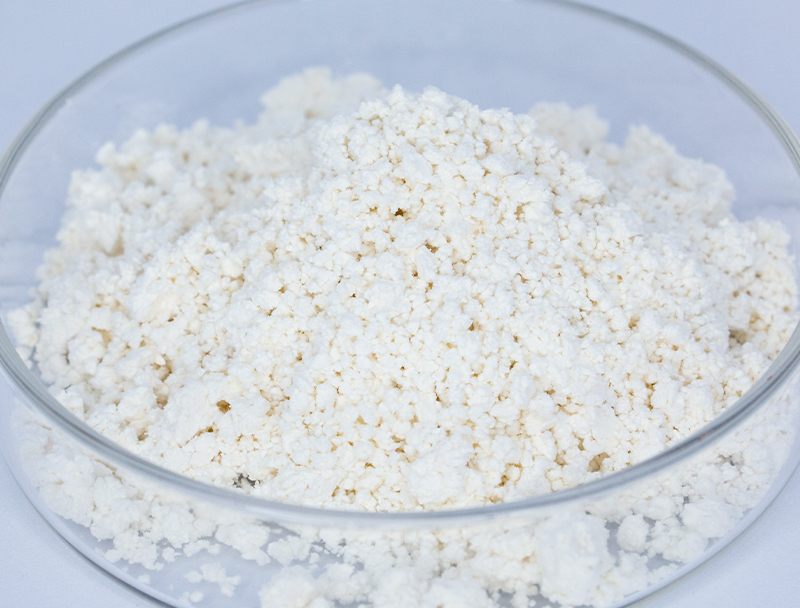
Upscaling Biopharma: Obstacles and Potential Gains
Transitioning to higher volumes entails serious complications and potential rewards. Preserving batch-to-batch quality when scaling up is a key challenge. Overcoming this requires advanced process control, continuous monitoring, and sensitive analytical platforms.
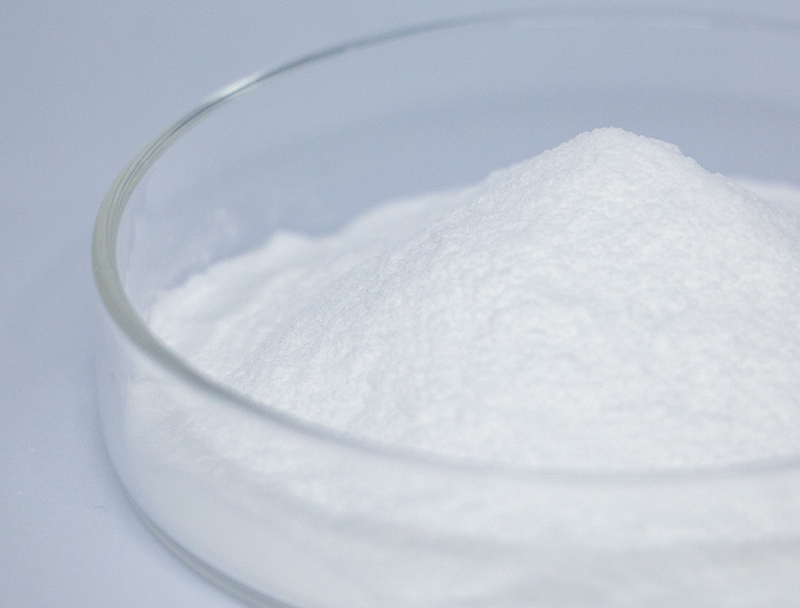
Additional complexity arises because biopharma production entails many coordinated stages.. Optimizing these processes for large-scale production can be a complex undertaking, requiring extensive research and technological innovation.. Still, the gains can be meaningful. Proper scaling can increase therapy supply, reduce expenses, and elevate profitability.
A range of strategies is being implemented to address scaling problems. Plans feature next-gen optimization hardware, sophisticated real-time analytics, and forward-looking production strategies.
- Research and development activities are central to evolving manufacturing capacity.
- Regulatory agencies are working to streamline approval processes for new manufacturing technologies, facilitating innovation in the field.
Exploring Approval Frameworks for Biopharmaceutical Safety and Effectiveness
Manufacturing biopharmaceuticals entails detailed regulatory processes to copyright safety and clinical performance. Biologic therapeutics bring unique regulatory and manufacturing demands unlike traditional pharmaceuticals.
Agencies such as the FDA in the United States and the EMA in Europe play a crucial role in establishing guidelines and standards for the approval of these innovative therapies..
Meticulous validation protocols are enforced from preclinical validation to long-term post-market evaluation.. Such safeguards are intended to detect hazards and ensure therapeutics adhere to top-tier safety benchmarks..
Moreover, oversight agencies continually refine approaches to align with accelerating scientific progress in therapeutics.. Efforts comprise integrating cutting-edge tools and easing development pathways while upholding patient safety.

Exploring the Potential of Plant-Based Biomass Feedstocks in Bioplastics
The expanding market for green materials prompts increased R&D into bio-based solutions. Plant-derived biomass as input for bioplastics represents a practical route toward greener materials. Sources like cornstarch, cellulose fibers, and sugarcane biomass can transform into compostable plastics that decompose and reduce pollution.
Similarly, selected bioplastics offer analogous properties to traditional plastics suitable for many applications.. Ongoing R&D is essential to scale plant-based bioplastics and realize circular economic benefits.
This Emerging Impact on Public Health and Food Systems
Biotech innovations hold promise to dramatically impact health and the reliability of food systems. By harnessing genetic engineering, synthetic biology constructs, and advanced cell therapies, technologists deliver capabilities to reduce disease burden, raise crop outputs, and increase food value. To illustrate, L-Carnosine modified plants designed for pest resilience and environmental tolerance can raise outputs and reduce pesticide application.. Concurrently, biotechnology drives development of immunotherapies, antibiotics, and diagnostics that play a key role in controlling diseases and improving health metrics. Continued scientific progress suggests biotechnology will increasingly underpin healthier, more sustainable societies worldwide.
